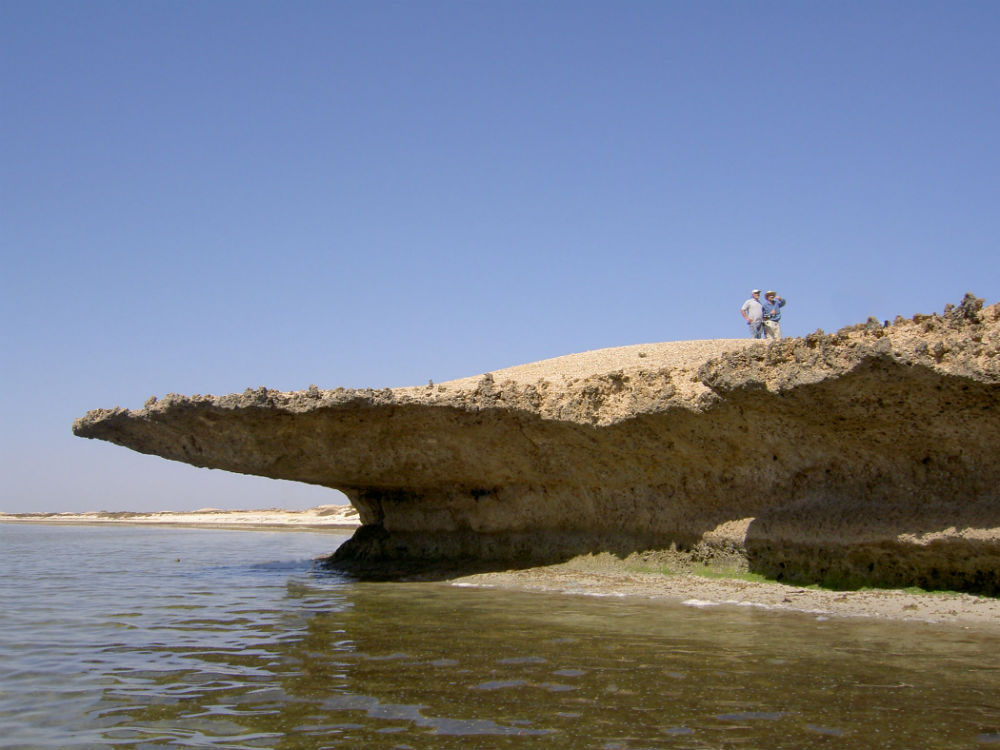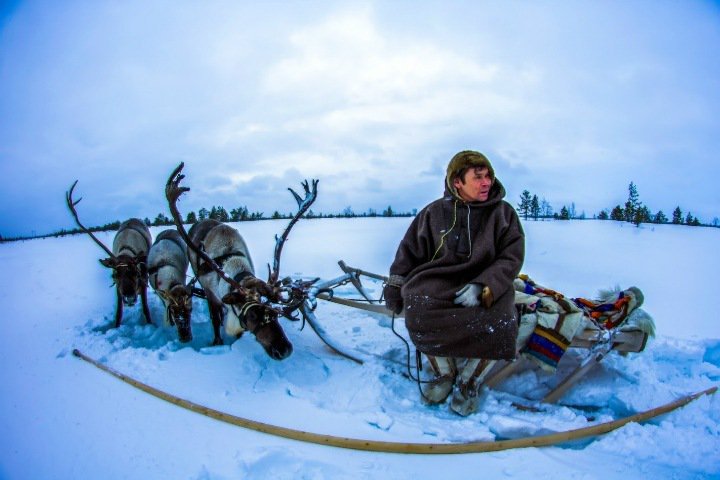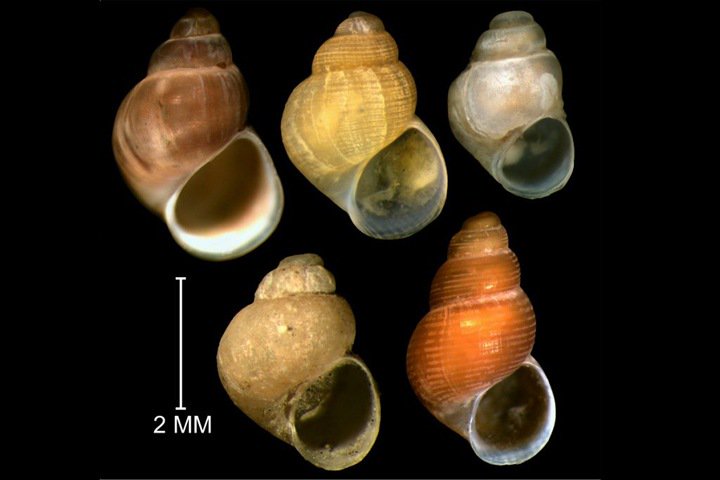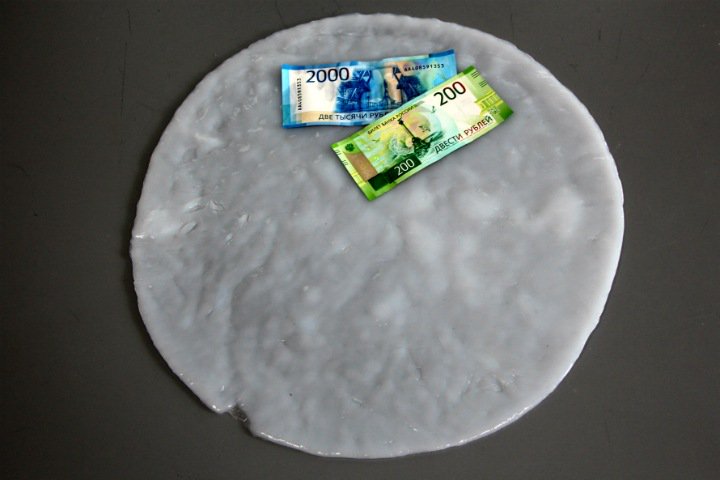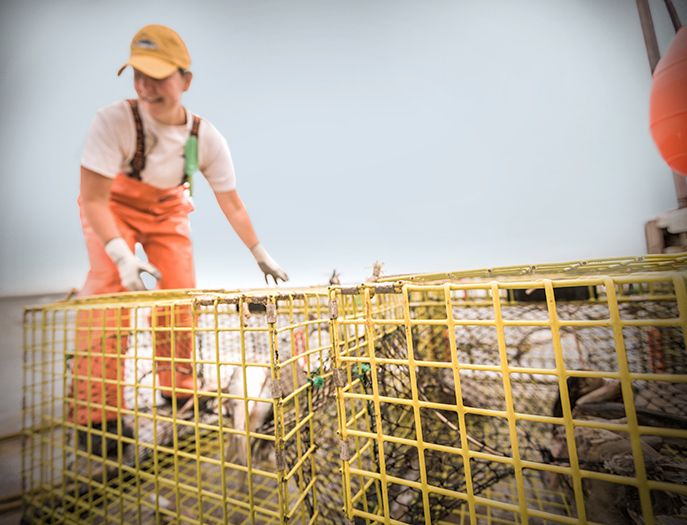
Fishing has been the economic and cultural pillar for many coastal towns along the Northeast coast for generations. But a warmer climate threatens the abundance and distribution of key species like haddock and Atlantic cod. And that will spell trouble for these fishing towns, according to new research. Read More
